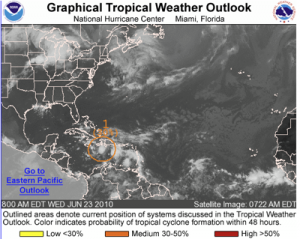Harvard Professors Edward L. Glaeser and William R. Kerr caution policymakers to refrain from “smokestack chasing”, or using tax breaks to attract large corporate employers. Their research shows that regional economic growth is highly correlated with the presence of many, small entrepreneurial employers, not a few large ones. In the July-August 2010 issue of the Harvard Business Review, they cite a study of U.S. metropolitan regions that shows that cities whose numbers of firms per worker were higher than average in 1977 experienced 9% faster employment growth in the two decades that followed. They write:
“Politicians enjoy announcing a big company’s arrival because people tend to think that will mean lots of job openings. But in a rapidly evolving economy, politicians are all too likely to guess wrong about which industries are worth attracting. What’s more, large corporations often generate little employment growth even if they are doing well. Automakers, for instance, often source parts and other inputs from their internal networks, which limits employment spillover effects. Or a firm may fill staffing needs by transferring employees. Instead of trying to buy their way out of the recession with one big break to one big employer, politicians should reduce costs for start-up companies and small businesses. Research shows that once entrepreneurship gets established, it tends to be self-perpetuating.”
What I particularly enjoyed about their piece in HBR was the plot of small firms vs. entrepreneurial growth by city. Cities like Colorado Springs and Sarasota appear to be hotbeds of entrepreneurial activity, while New York City, which offered every kind of tax break and subsidy to Wall Street, was ranked near the very bottom.







